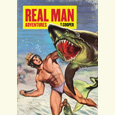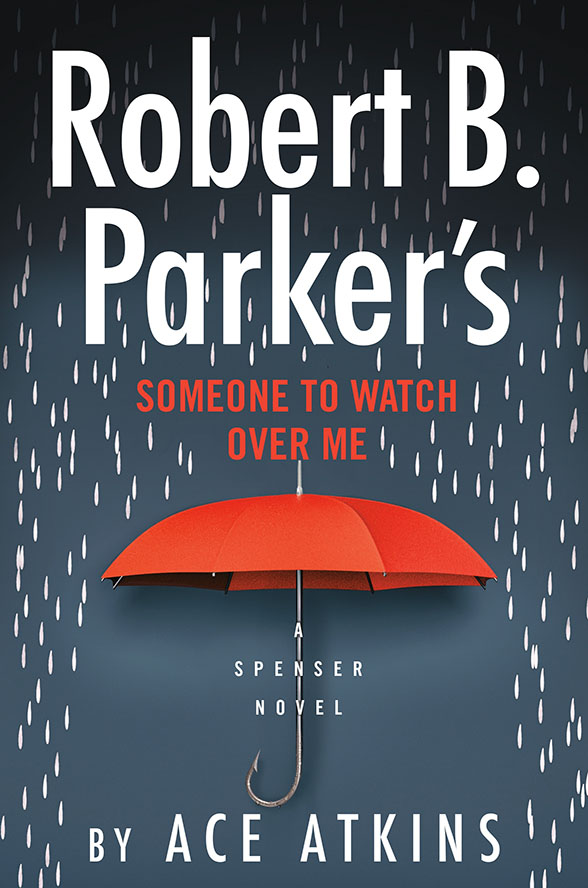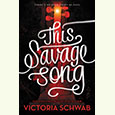Too Coarse for Poetry
Tom Piazza’s new novel imagines an 1883 meeting of writers hoping to redefine America
The question that animates Tom Piazza’s new novel The Auburn Conference is posed in the opening pages: Is American literature “worthy” of study? The answer may be obvious today, but in 1883, when Mark Twain was considered a popular entertainer and Herman Melville had been forgotten, only a young scholar with a mind filled with Emerson would dare to place our homegrown canon alongside the established classics of Europe. More troubling is a second, deeper question: What is the meaning of America? On that score, we may be no closer to an answer now than we were 140 years ago.
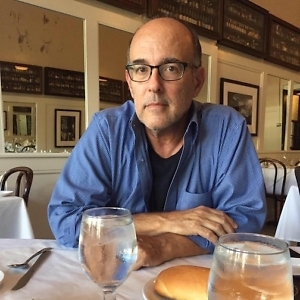
These queries arise in the course of an imaginary conference that brings together prominent writers who represent the diversity of American culture in the late 19th century. This meeting is the brainchild of Frederick Olmstead Matthews, a junior lecturer of English at the Auburn Collegiate Institute in upstate New York. Matthews sells the administration on his vision of a “modern symposium” that will “gather a group of writers at the campus for a public conversation about the future of America.” In short order, the acceptances arrive, and the event is scheduled for mid-June.
With the alacrity of a dream, the writers Matthews most admires agree to participate. Walt Whitman ambles up from Brooklyn; Twain and Harriet Beecher Stowe train west from Connecticut. Melville takes a break from the “tedious days of the Customs House in New York City,” and Frederick Douglass manages to squeeze in the conference among his endless speaking engagements. For geographical balance, Matthews includes a former (and fictional) Confederate general, Forrest Taylor, who has written a memoir-cum-apology for the Lost Cause. Rounding out the panel is Lucy Comstock (another of Piazza’s inventions), author of popular romances and a favorite among Auburn faculty wives.
Piazza, who explored pre-Civil War America in his novel A Free State (2015), is less concerned with plausibly depicting this literary crossroads than he is with envisioning how these figures would interact. The writers’ personalities generally conform to what is commonly known — Whitman, aging but cocksure; Melville, moody and self-conscious; Twain a rambling raconteur — but their debates reveal their intellectual and emotional complexity. On the first panel, Melville responds to Whitman’s boastful triumphalism (“Of all writers, I have come closest to singing America’s possibility”) with a reminder that the robust national types that Whitman celebrates, the “Yankee” and the “Kentuckian,” remain riven by strife. “What of those whose good will has been eroded or subverted — whose cause has been left behind?” Melville asks plaintively. “What of the Southern Negro who finds himself all but re-enslaved despite the promise of emancipation?”
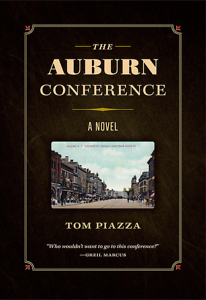 Naturally, the race question occupies a central place in the discourse. Frederick Douglass approaches the subject obliquely, with a studied eloquence designed to mollify white audiences. Douglass avers that “literature calls us … to an awareness of our place in the world” and that writers “cannot avoid the long shadow of moral choice and responsibility.” Forrest Taylor, “seething” with resentment, calls out such platitudes as hypocritical and misleading. He thinks freedom for former slaves is “fatuous” — “Freedom to do what? In the name of what?” — and views Northerners as barbaric conquerors who disguise their base motives (the exploitation of Southern resources) behind the mask of libertarian rhetoric.
Naturally, the race question occupies a central place in the discourse. Frederick Douglass approaches the subject obliquely, with a studied eloquence designed to mollify white audiences. Douglass avers that “literature calls us … to an awareness of our place in the world” and that writers “cannot avoid the long shadow of moral choice and responsibility.” Forrest Taylor, “seething” with resentment, calls out such platitudes as hypocritical and misleading. He thinks freedom for former slaves is “fatuous” — “Freedom to do what? In the name of what?” — and views Northerners as barbaric conquerors who disguise their base motives (the exploitation of Southern resources) behind the mask of libertarian rhetoric.
Piazza spices the story with cameo appearances, notably an unnamed poet from Amherst who scribbles bursts of verse during the conference and falls into “reckless” love with one of the participants. But she cannot summon the courage to connect with the young man who inflames her passion, a personal disappointment that parallels our failures as a country. “Was the nation nothing but a fraying quilt of livid prose urgencies, a land too coarse for poetry?” she thinks.
When the narrative focus skips to Whitman and Melville, Piazza’s prose emulates the style of those writers, as well. Whitman regrets that the conference takes pace when the college is not in session. “He wished he could have heard the shouts of the boys at play, seen them hurrying with their books to class, golden-haired or brown-haired or black-haired, tanned by the sun and strong in their youth,” Piazza writes. Melville, drunk and practicing sailors’ knots in his hotel room, mulls a story that sounds like Billy Budd, which Melville wrote eight years later. “Was there ever a man who on the gallows blessed the hanging judge?” Melville thinks. “Blameless boy. Peace at last.”
As The Auburn Conference reaches its climax, the writers amplify their remarks while attempting to answer fundamental questions that plague the nation: “What is an American?” and “What, finally, is America?” In Piazza’s lively and provocative novel, the answers are multiple but not necessarily exclusive or contradictory. As Matthews puts it, “Where is the unum of the pluribus?” — a conundrum that, as Piazza demonstrates, we face anew with each generation.

Sean Kinch grew up in Austin and attended Stanford. He earned a Ph.D. from the University of Texas. He now teaches English at Montgomery Bell Academy in Nashville.
